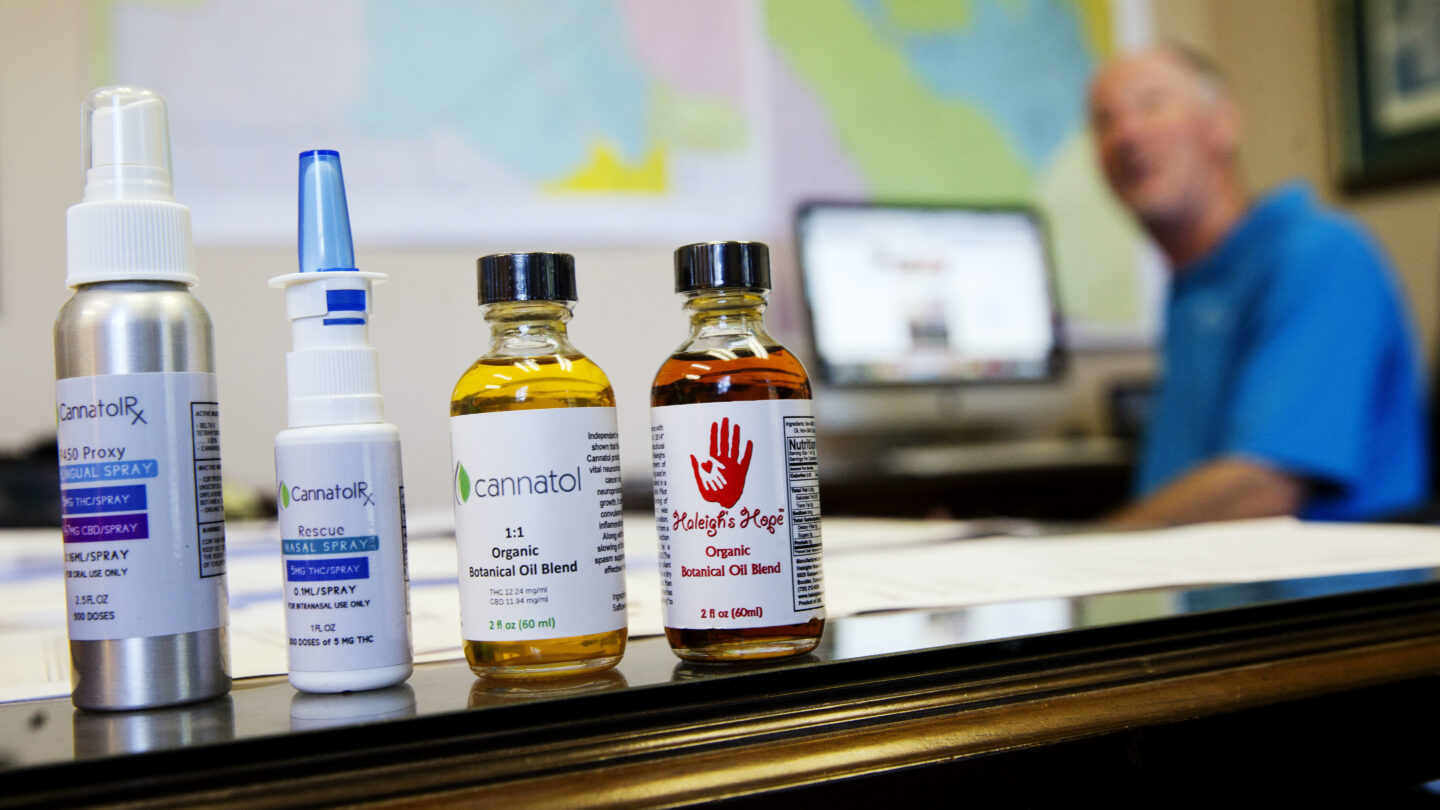Georgia’s eight-year path to legal access to medical cannabis could be within weeks of getting product to thousands of Georgians. Two in-state producers are expected to have product available by this summer, if not earlier.
The next major step for the Georgia Access to Medical Cannabis Commission is to grant dispensing licenses for the two current in-state producers of low-THC oil. Those would be used to open up to 12 stores across the state.
Those two producers are Botanical Sciences, which has a facility in Southeast Georgia in Glenville, and Trulieve Georgia, which has a South Georgia facility in Adel.
The Commission recently made public data on the number of patients on Georgia’s Low THC Oil Registry, by county. That data had been hard to come by because of medical privacy concerns.
Commission Executive Director Andrew Turnage explains how they expect the two current producers to use the data.
“When they apply to the commission for their dispensing license, we’ve asked them to articulate how they’re going to serve the patient population in the area that they choose,” he said. “So we really wanted them to get access to that data so that they can show us how their plan is going to reach patients in the area that they chose.”
Four Atlanta counties have between 1,000 to 3,000 registered patients each. Those are Cobb, DeKalb, Fulton and Gwinnett. The next tier of counties have 500 to 1,000 patients each and include Cherokee, Clayton, Forsyth, Henry and Spalding.
Out of Georgia’s 159 counties, only two have no patients registered. They are Clay County in Southwest Georgia and Glascock in East Georgia.
Overall, there are about 27,000 Georgia patients on the low-THC oil registry. Turnage expects that number to grow.
“On the commission’s part, our expectation is to see that number, really to grow very close to 100,000,” he said. “That’s what we anticipate. That’s just based on similar states with registries that started at similar size with medical-only programs somewhat like Georgia’s, you know, it’s our expectation that it could grow beyond that, but that’s what we anticipate in I think the timeframe for that will happen within 12 to 18 months.”
To get on the low-THC oil registry, a doctor has to confirm your eligibility based on a list of conditions written into law including severe ALS, autism, MS and Parkinson’s.
Possession of medical cannabis was first legalized in Georgia in 2015, but not a path to legally buy it. That happened in 2019 with the creation of the Georgia Access to Medical Cannabis Commission, which would regulate in-state production of low-THC oil. That process has been slow and at times tied up in legal action.
That remains the case for the four producers who were granted a different license tier for a smaller facility.
The issues around the state’s medical cannabis program have been become a flashpoint during the last couple of legislative sessions. During the most recent General Assembly, legislation failed that would have ended the Commission and moved the program under the Georgia Department of Agriculture. That same legislation would have extended the number of productions licenses. Hear an in-depth discussion on that legislation from this episode of WABE’s “Gold Dome Scramble” podcast.










